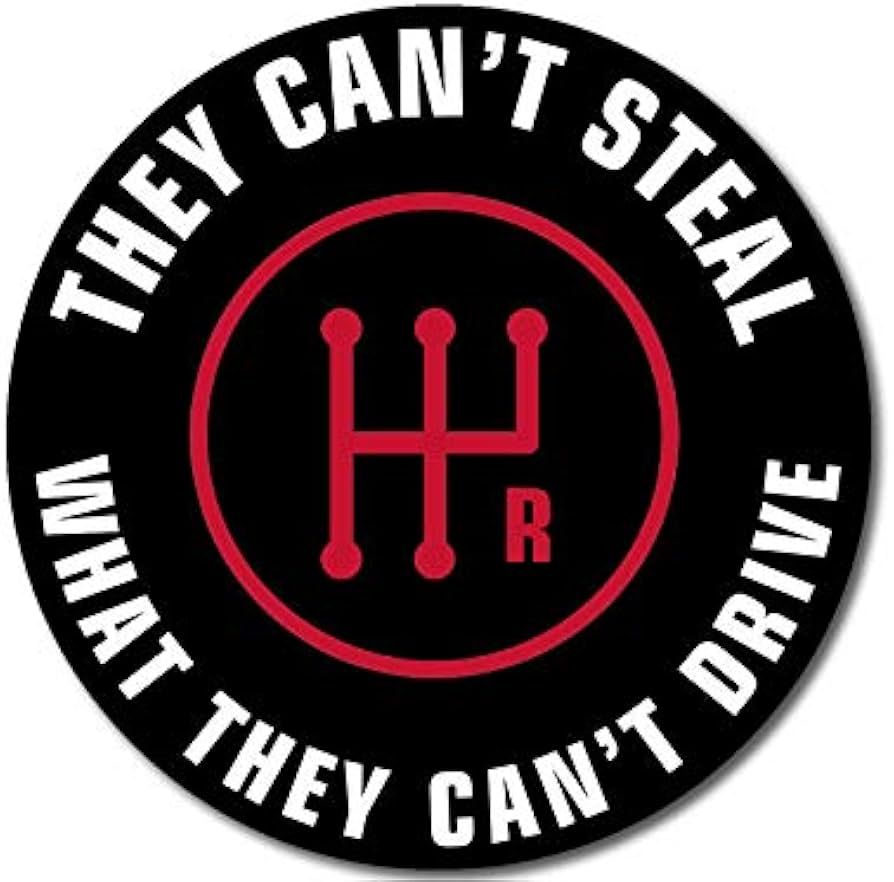The torrent of polls began arriving just a few weeks ago, one after the other, most showing a victory for Donald J. Trump.
They stood out amid the hundreds of others indicating a dead heat in the presidential election. But they had something in common: They were commissioned by right-leaning groups with a vested interest in promoting Republican strength.
These surveys have had marginal, if any, impact on polling averages, which either do not include the partisan polls or give them little weight. Yet some argue that the real purpose of partisan polls, along with other expectation-setting metrics such as political betting markets, is directed at a different goal entirely: building a narrative of unstoppable momentum for Mr. Trump.
The partisan polls appear focused on lifting Republican enthusiasm before the election and — perhaps more important — cementing the idea that the only way Mr. Trump can lose to Vice President Kamala Harris is if the election is rigged. Polls promising a Republican victory, the theory runs, could be held up as evidence of cheating if that victory does not come to pass.
“Republicans are clearly strategically putting polling into the information environment to try to create perceptions that Trump is stronger,” said Joshua Dyck, who directs the Center for Public Opinion at the University of Massachusetts at Lowell. “Their incentive is not necessarily to get the answer right.”
Last week, the right-wing influencer Ian Miles Cheong shared a survey with his 1.1 million followers on X. The forecast from a new polling company suggested, without sharing its methodology, that the former president would take 74.3 percent of the national vote — a landslide unprecedented in American history.
“Trump is absolutely going to win,” Mr. Cheong wrote. “The data shows it.”
Read the rest here.











